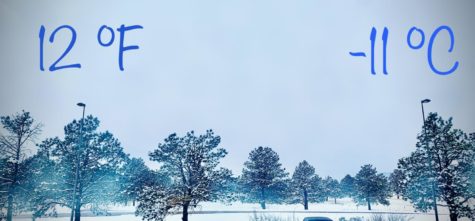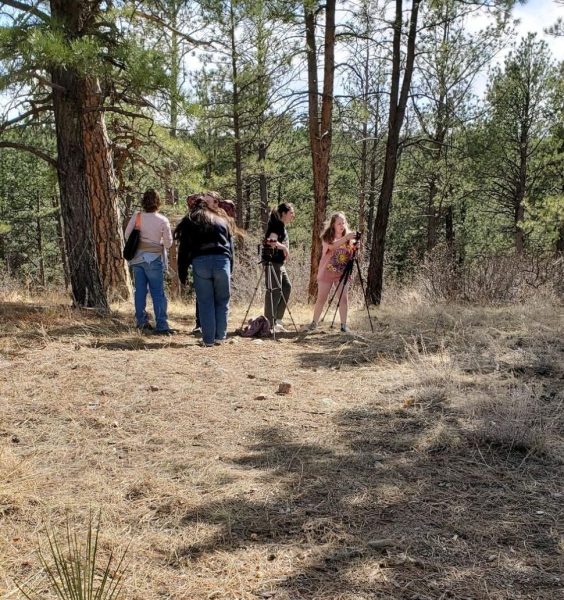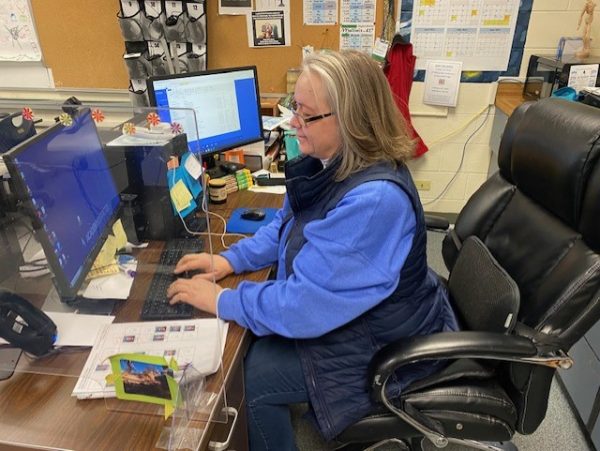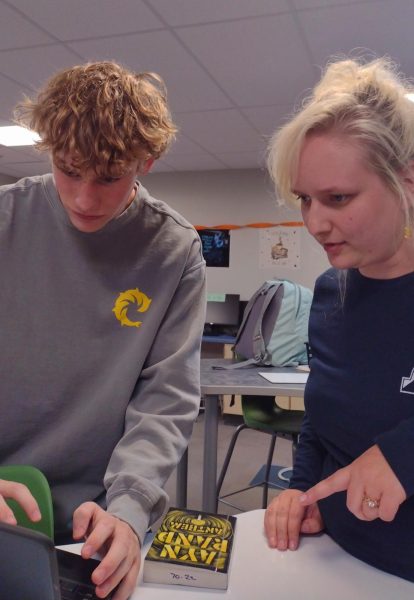Celsius or Fahrenheit: the Quiet War of International Language
¿Hablas dos idiomas?
Could you understand that question?
Chances are, you are not bilingual, and like 85% of other Americans, you could not.
As time goes on, and cultural boundaries begin to dissolve, it becomes more and more important for the upcoming generations to know two languages. Many American colleges are starting to deny students access without three previous years of foreign language classes.
Although people may speak different languages across the world, feelings and emotions are the one thing that transcends spoken language. Everyone feels temperature the same; hot is hot and cold is cold.
When different nations tell temperature in different ways, this is when we run into problems.
Celsius and Fahrenheit are the languages of temperature, and just like how 85% of Americans cannot speak Spanish, likely just as many cannot speak in Celsius. The rest of the world speaks this language of temperature, so that raises the question: why can’t the USA?
For a very long time, Americans have grown up using Fahrenheit.
“[Fahrenheit is] a language of cultural context,” said science teacher Scott Newell. Scott, like many Americans, grew up using Fahrenheit. But unlike many, Celsius is a daily occurrence for him in teaching. “The scientific world speaks in metric units. [We need to] learn to speak two languages.”
For many, Fahrenheit makes more sense than Celsius does.
“Fahrenheit was intended for gauging temperature from a human perspective,” said Senior Jeremy Maré. According to Jeremy, the numbers of Celsius are more from a scientific perspective, and more based in reality. Fahrenheit, on the other hand, “Celsius is a measurement relative to (liquid).”
Some believe that simply getting the point across does the trick.
“I may not know the temperature, but its (really) cold right now,” said Veronica Wilson, a sophomore at Coronado High School.
For others, like Sophomore Michael Harvey, the numerical temperature is “completely essential.” What could be very cold for one may be very hot for another.
According to Newell, it’s not one or the other. To him, its very important to speak in both Celsius and Fahrenheit. “Walk around the world and listen to people talk… they can always speak another language. Everybody speaks different languages except America.”
In many countries, it is not uncommon to speak multiple languages. According to The Guardian, over 50% of Europeans are able to fluently converse in another language, another 25% being able to do the same in three. Compared to the USA’s 15% bilingual population, we are desperately behind.
Although the numbers may look bad on paper, this is hope yet for our single-language-country. Many public schools have been ramping up their foreign language programs, and the coming generations are becoming much more bilingual.
As time goes on, and the world becomes more and more of an interconnected system, it becomes increasingly important to speak the languages of the world. So even though it may seem like a daunting task, go out, learn a few words in Spanish. Or French. Or Russian, or Japanese, or Italian. Because as time goes on, and as the blue planet loses its political borders, those few words may serve you very well.

Hello! I'm Logan, and I'm an journalist for the Jetstream Journal. I love reading, writing, and solving Rubik's Cubes. I'm excited to write stories for...












